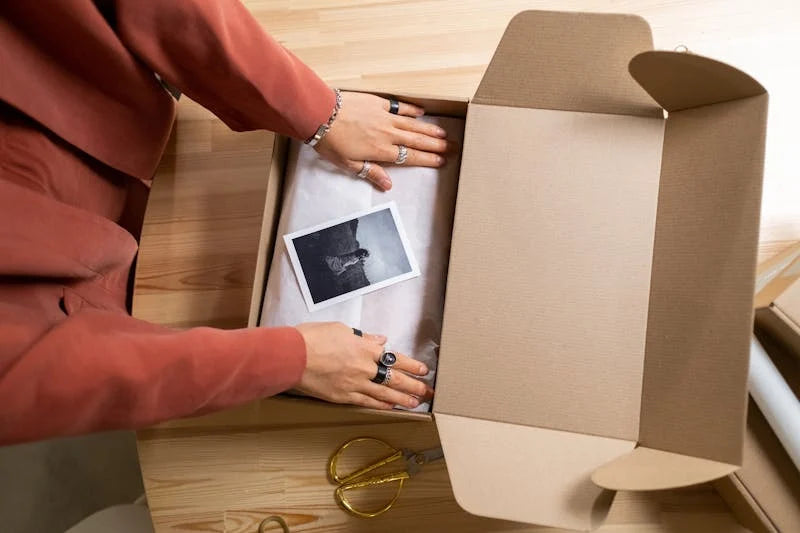
How to Find Wholesale Clothing Buyers: A Guide for Bacci Inc.
Share
ntroduction
You’ve poured your heart and soul into Bacci Inc., and now it’s time to expand your reach. Wholesale buyers are the lifeblood of your business—they’re the ones who’ll stock your fabulous designs in their boutiques. In this guide, we’ll explore how to connect with these buyers and build lasting relationships.
1.Know Your Audience
Before you start scouting for wholesale buyers, get to know your ideal customer. Consider the following:

- Demographics: Understand the gender, age group, and lifestyle of your target audience.
- Style Preferences: Are they into trendy, classic, or bohemian fashion?
- Price Point: Define whether your brand caters to budget-friendly or luxury shoppers.
- Add-ons: Decide if you’ll also sell accessories alongside clothing.
2. Research Potential Vendors

Now that you’ve nailed down your niche, let’s find those perfect wholesale buyers:
- Online Marketplaces: Explore platforms like Alibaba, FashionGo, and Wholesale Accessory Market. These sites showcase a variety of clothing options, allowing you to compare prices and read reviews.
- Trade Shows: Attend industry events like MAGIC, Texworld USA, and America’s Mart. Meet suppliers face-to-face, inspect product quality, and negotiate deals.
- Directories and Industry Publications: Check out reputable wholesale directories and industry publications. They often feature reviews and ratings from fellow boutique owners.
- Google and Social Media: A simple Google search for “wholesale clothing vendors” or “best wholesale clothing vendors” can yield results. Social media platforms like Facebook and Instagram are also treasure troves for discovering new vendors.
3. Evaluating Suppliers
Quality matters! Here’s how to evaluate potential vendors:

- Product Quality: Read reviews and request samples. Ensure your customers get top-notch clothing.
Finding wholesale buyers is an exciting journey. Remember, building relationships is key. Connect, communicate, and watch your brand thrive!
4. Pricing Strategies for Wholesale Clothing

Keystone pricing is a straightforward method where you double the wholesale cost to determine the retail price. For example, if your wholesale cost for a dress is $50, the retail price would be $100. This approach is popular because it’s easy to calculate and maintain consistent margins.
b. Tiered PricingConsider offering tiered pricing based on order quantity. Encourage larger orders by providing discounts. For instance:
- Tier 1 (Small Orders): Regular wholesale price
- Tier 2 (Medium Orders): 10% discount
- Tier 3 (Large Orders): 20% discount
c. Market-Based Pricing
Research your competitors and analyze market trends. Set your prices based on what similar brands charge. Remember, your unique value proposition (quality, design, or exclusivity) can justify a premium.
d. Psychological Pricing
Play with perception. Prices ending in 9 or 99 ($49.99) appear more appealing than rounded numbers. It’s a subtle psychological trick that can boost sales.
e. Seasonal Pricing
Adjust prices based on seasons. Markdowns during clearance sales or promotions can attract buyers. Conversely, introduce limited-edition collections at a premium during peak seasons.
f. Cost-Plus Pricing

Calculate your total costs (production, shipping, marketing) and add a desired profit margin. This method ensures you cover expenses while making a profit.
g. Bundling
Create value bundles. Pair a dress with matching accessories or offer a “buy one, get one” deal. Bundles entice buyers and increase average order value.
f. Dynamic Pricing
Use technology to adjust prices in real-time based on demand, inventory levels, or external factors. Dynamic pricing keeps you competitive.
Remember, pricing isn’t static. Regularly evaluate and adjust your strategy to stay competitive and profitable. Happy pricing!
Conclusion
Finding wholesale buyers is an exciting journey. Remember, building relationships is key. Connect, communicate, and watch your brand thrive!
